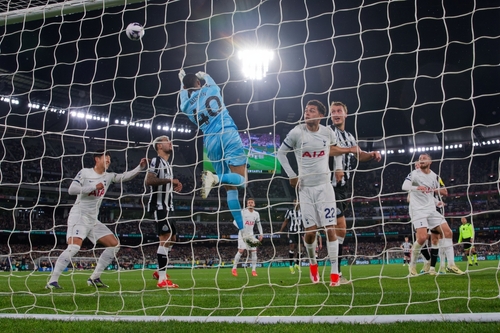- Ticket2.com /
- magazine /
- Article /

The future of Technology in Football
Over the past few years, the football world has undergone significant technological changes that have affected both the playing experience and the players' performances on the field.
The introduction of Video Assistant Referee (VAR) technology has been a revolution in the sport. By allowing referees to review controversial situations with the help of real-time video recordings, the VAR system has reduced the uncertainty around decisions and increased fairness on the field. This has been a welcome change for both players and fans, even though the system has faced some criticism for sometimes extending the playtime and reducing the flow in matches.
Meanwhile, football clubs and national teams around the world have embraced advanced data analysis as a tool to enhance player performance. By using sensors and data collection tools, coaches and analysts can now track and analyze everything from players' physical performance to their playing patterns and tactical decisions on the field. This in-depth analysis has not only helped to reduce injuries and improve training but also given teams a competitive edge in understanding and exploiting opponents' weaknesses. Over the past few years, the football world has undergone significant technological changes that have affected both the playing experience and the players' performance on the field.
The introduction of Video Assistant Referee (VAR) technology has been a revolution in the sport. By allowing referees to review controversial situations with the help of real-time video recordings, the VAR system has reduced the uncertainty around decisions and increased fairness on the field. This has been a welcome change for both players and fans, even though the system has faced some criticism for sometimes extending the playtime and reducing the flow in matches.
Meanwhile, football clubs and national teams around the world have embraced advanced data analysis as a tool to enhance player performance. By using sensors and data collection tools, coaches and analysts can now track and analyze everything from players' physical performance to their playing patterns and tactical decisions on the field. This in-depth analysis has not only helped to reduce injuries and improve training but also given teams a competitive edge in understanding and exploiting opponents' weaknesses.
The future of technology in football looks promising. With continued advances in artificial intelligence, machine learning, and biometric sensors, technology is expected to become even more sophisticated and integrated into the daily life of the sport. While traditional aspects of football, such as the passion and community it generates, remain central, technological innovations will continue to shape and enhance the playing experience for both players and fans around the world.
The future of technology in football looks promising. With continued advances in artificial intelligence, machine learning, and biometric sensors, technology is expected to become even more sophisticated and integrated into the daily life of the sport. While traditional aspects of football, such as the passion and community it generates, remain central, technological innovations will continue to shape and enhance the playing experience for both players and fans around the world.
Text: Isak Yavus
Image: Shutterstock


